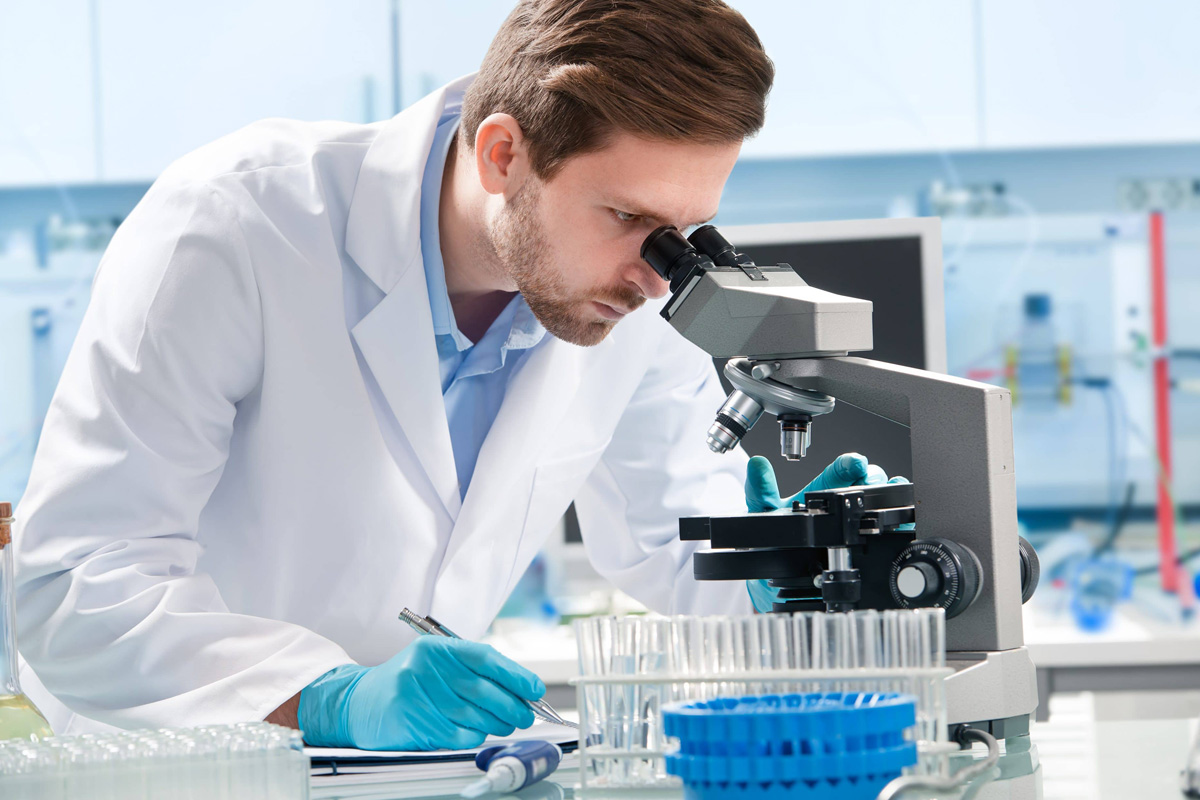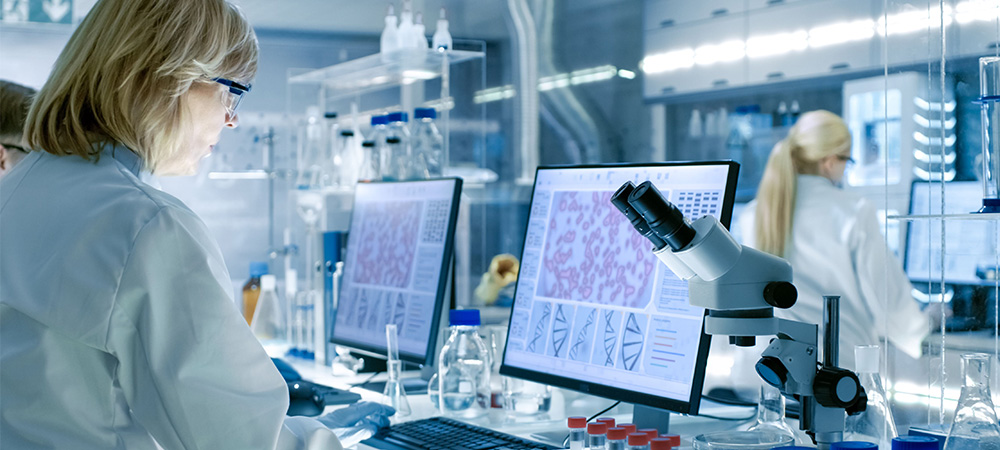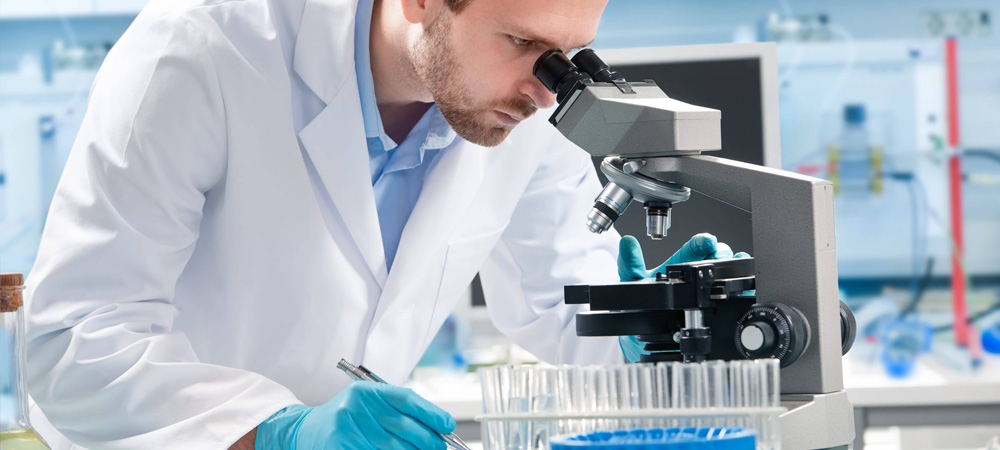
Raw Material Testing
Importance of Raw Material Testing for Pharmaceuticals
Raw material testing is crucially important for ensuring safety, quality and
efficacy
of pharmaceutical products.
There are many things to be considered that could
impact
the way raw materials need to be blended, such as polymorphism, the particle size of
raw materials and other properties.
Hence, raw material analysis is essential
to
determine the purity, identity and quality of the raw materials before they go into
the manufacturing process.
Need for Raw Material Testing
As hundreds of raw materials and ingredients are used in the process of formulating
the final pharmaceutical product, it is quite tough to check every ingredient for
quality.
Unless the ingredients have undergone quality testing, beginning the manufacturing
process won’t be possible. Moreover, if low-quality raw materials are used, it will
result in a low-quality finished product which could face product recall.
This can cause significant damage to material costs as well as reputation.
Therefore, raw material testing in pharmaceuticals is necessary.
Testing Labs: Standards and approvals needed
Every pharmaceutical product or medical device has to be approved by the State
FDA and the Central Drugs Standards Control Organisation (CDSCO) before it is
rolled out for public use or commercialization.
Testing laboratories can help carry out material analysis, DSC analysis,
chemical tests, physical characterisation, NMR testing, FTIR testing and more,
all according to the specifications and safety protocols established by the FDA
and CDSCO.
Traditionally, chemical testing laboratories perform the raw material testing
and prepare the reports to determine their quality and suitability to be used in
pharmaceutical drug formulations. They are well equipped to carry out the
sophisticated procedures involved in raw material tests.




